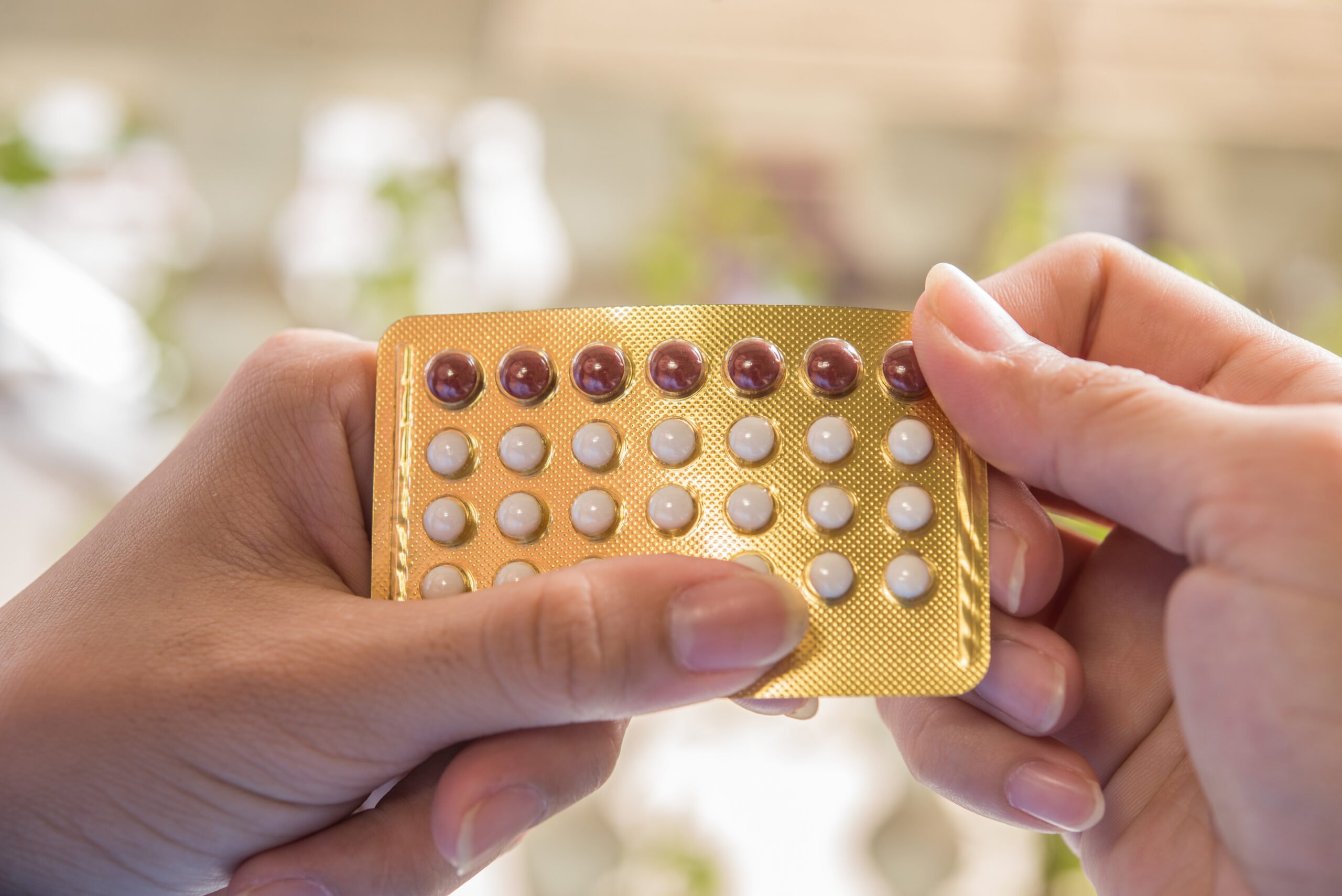Family planning is an essential aspect of reproductive health for both men and women, allowing couples to decide freely and responsibly the number and spacing of their children. In Malaysia, a wide range of birth control options are available in clinics and over the counter, catering to various preferences and health needs.
If you’re not ready for a possible pregnancy, you can always talk about it with your partner. There’s no one-size-fits-all approach to birth control. By understanding the various options, you can choose the method that best suits your health, lifestyle, and preferences.
Birth Control for Women
Most birth control that are made readily available are often taken by women, since they are typically placed at a higher risk if an unwanted pregnancy occurs. And while this decision can be made jointly as a couple, with the male partner taking precautions of his own, birth control for men is just not as widely distributed yet.
Most birth control methods for women involve hormones, which can cause side effects like mood swings, weight changes, or irregular bleeding. While it varies from person to person, some women may not tolerate these side effects well so just keep that in mind. Birth control pills are also a common prescription for PCOS, severe menstrual cramps or for hormonal acne which is something you may want to discuss with your doctor.
Types of Birth Control
Oral Contraceptive Pills
Oral contraceptives, commonly known as birth control pills, are one of the most popular methods of contraception in Malaysia. There are certain types of oral contraceptive pills as well, depending on the hormones they contain (either a combination of estrogen and progestin or progestin alone) that prevent ovulation.
Combined Pills: Contain both estrogen and progestin.
Progestin-only Pills (POPs): Suitable for those who cannot take estrogen.
| Combined Pills | Progestin-only Pills (POPs) | |
|---|---|---|
| Effectiveness | Considered highly effective (over 99% with perfect use) at preventing pregnancy. | Effective (around 91% with perfect use) but slightly less effective than combined pills. |
| Side Effects | Can cause side effects like mood swings, breast tenderness, nausea, and irregular bleeding. Can vary between brands. | May cause irregular bleeding or spotting, especially when you first start taking them. Some women experience breast tenderness or headaches. |
| Dosage | Typically come in packs of 21 active pills followed by 7 placebo pills (inactive) or a period of no pills. You get a withdrawal bleed during the placebo week. | Need to be taken at the same time every day, ideally within a 3-hour window, for them to be effective. There is no placebo week, and periods may become irregular or stop altogether. |
| Suitable for | Generally suitable for most women who want a reliable birth control method. However, they may not be suitable for women with certain health conditions, such as high blood pressure, a history of blood clots, or migraines. | A good option for women who cannot take estrogen, are breastfeeding, or want a simpler pill regimen. However, the stricter timing requirements and potential for irregular bleeding may not be ideal for everyone. |
Here are some brands you can find in Malaysia and their typical prices:
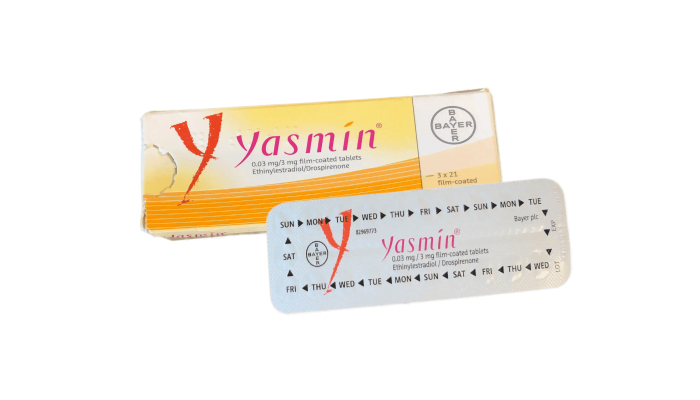


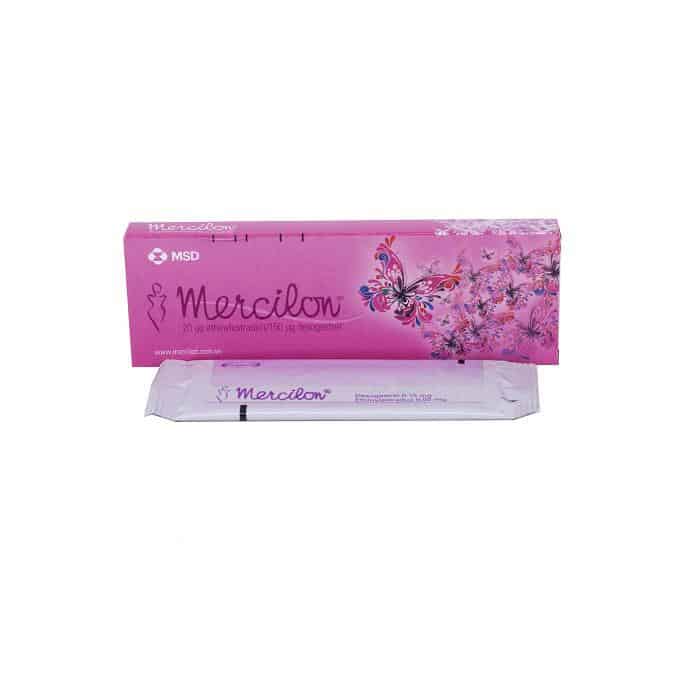
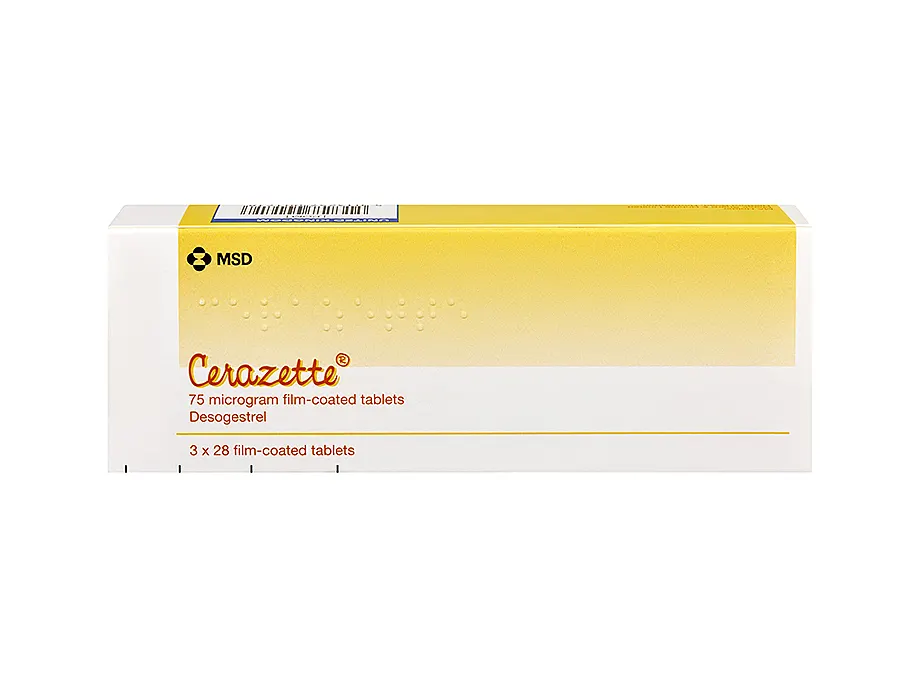

Contraceptive Implants
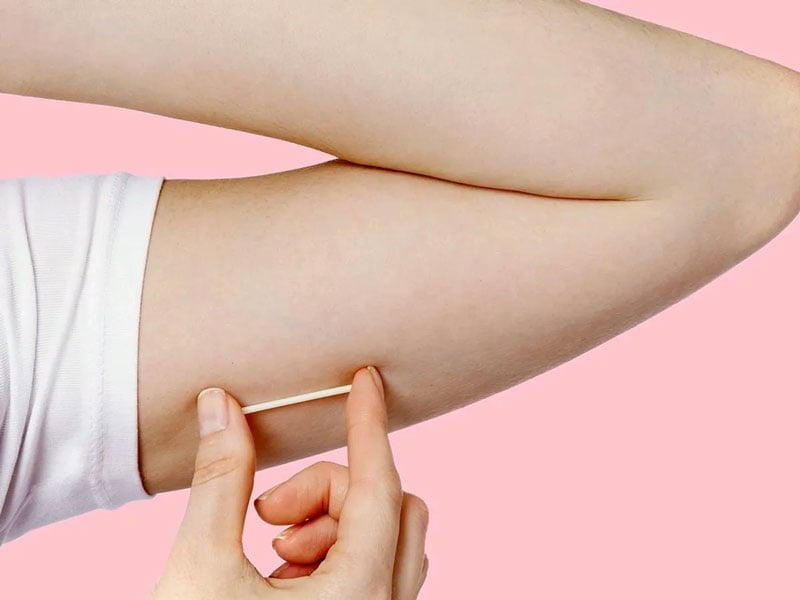
Contraceptive implants are small, flexible rods placed under the skin of the upper arm, releasing progestin to prevent pregnancy.They’re highly effective at preventing pregnancy. Statistics show that they are over 99% effective, meaning less than 1 in 100 women will get pregnant in a year with typical use.
It does require a minor surgical procedure for insertion and removal, and may cause irregular bleeding initially. But once inserted, you don’t need to think about birth control daily and you can get it removed by a healthcare professional if you want to start a family.
Implanon is the most common brand you might find in Malaysia, but be sure to ask your doctor for other options if you want to consider how long your implant can last.
Intrauterine Contraceptive Devices (IUCDs)
IUDs, also known as intrauterine devices, are small T-shaped devices inserted into the uterus. They come in two main types— copper IUDs and hormonal IUDs, both of which have their own pros and cons.
Copper IUDs: Non-hormonal, can last up to 10 years.
Hormonal IUDs: Release progestin, effective for 3-5 years.
| Copper IUDs | Hormonal IUDs | |
|---|---|---|
| How It Works | Don't contain hormones. Instead, the copper wire or coils disrupt sperm function and fertilization, creating a hostile environment for sperm. | Release progestin, a hormone that thickens cervical mucus, making it harder for sperm to reach and fertilize an egg. |
| Effectiveness | Over 99% effective. | Equally as effective. |
| Duration | Effective for longer, typically 9 to 10 years. | Usually effective for 3 to 6 years depending on the brand. |
| Side Effects | May cause side effects like irregular bleeding, spotting, breast tenderness, and cramps. These usually improve after a few months, but some women may experience them long-term. | No hormones, so less likely to cause hormonal side effects. However, they may increase cramping and bleeding, especially during periods. |
Here are some brands you can research and ask your doctor about:
- Paragard
- Minerva
- Mona Lisa
- Nova-T
Contraceptive Injections

Contraceptive injections involve administering a hormone injection (usually progestin) every three months to prevent pregnancy. Injections are around 94% effective with typical use, but you need regular injections to maintain it. It can also take up to a year for your fertility to return to normal after you stop getting injections.
Depo-Provera is one of the most widely used injectable birth control method, containing the hormone medroxyprogesterone acetate.
Contraceptive Patches
Contraceptive patches work similarly to all the other hormonal based options on this list. It’s applied to the skin, releasing hormones (estrogen and progestin) to prevent ovulation. The effectiveness is around 91% effective with typical use, which may include missed or late patch changes.
Sterilization
Sterilization is a permanent method of contraception. It involves irreversible surgical procedures for both men (vasectomy) and women (tubal ligation). This option is perfect for those who know for sure that they do not want any future pregnancies. However, it still doesn’t protect you from STIs so condoms may still be a necessity as an additional form of birth control.
It may be much harder to acquire and most clinics typically don’t perform this service, so you’ll have to do research for healthcare providers in your area that may have it available.
Condoms
And back to basics are condoms. Condoms are a type of barrier contraceptive that stops sperm from being deposited in the uterus. It is widely accessible and a reliable form of protection that also covers sexually transmitted diseases. This is also the only contraceptive form taken by the man.
Common condom brands you can even find at your nearest convenience store:
- Durex
- Care Condom
- Shooot
- Psang
- One
The Best Form of Birth Control
So what is the best form of birth control? It depends.
Consider how convenient a method is. Oral contraceptives require daily use, while IUDs and implants last for several years. The patch needs weekly changes, and the shot requires injections every 3 months. The mental energy to upkeep your birth control routine may be something you need to think about.
Additionally, doctors can always suggest different pills and methods to see which one causes the least symptoms, but the side effects for all the hormonal birth control options may be too much for some. Because it can affect your lifestyle as a woman in a big way, it’s important to weigh out all your options and try other brands if one may be unsuitable.
Family Planning and Contraceptives at Klinik Casabrina
With a wide range of birth control options available, individuals and couples in Malaysia can find a method that best suits their lifestyle, health needs, and family planning goals.
At Klinik Casabrina, we’re here to empower you to make informed decisions about your lifestyle and reproductive health. Our clinic in Senawang, Seremban has helpful resources and family planning services so you can learn more about your fertility.



